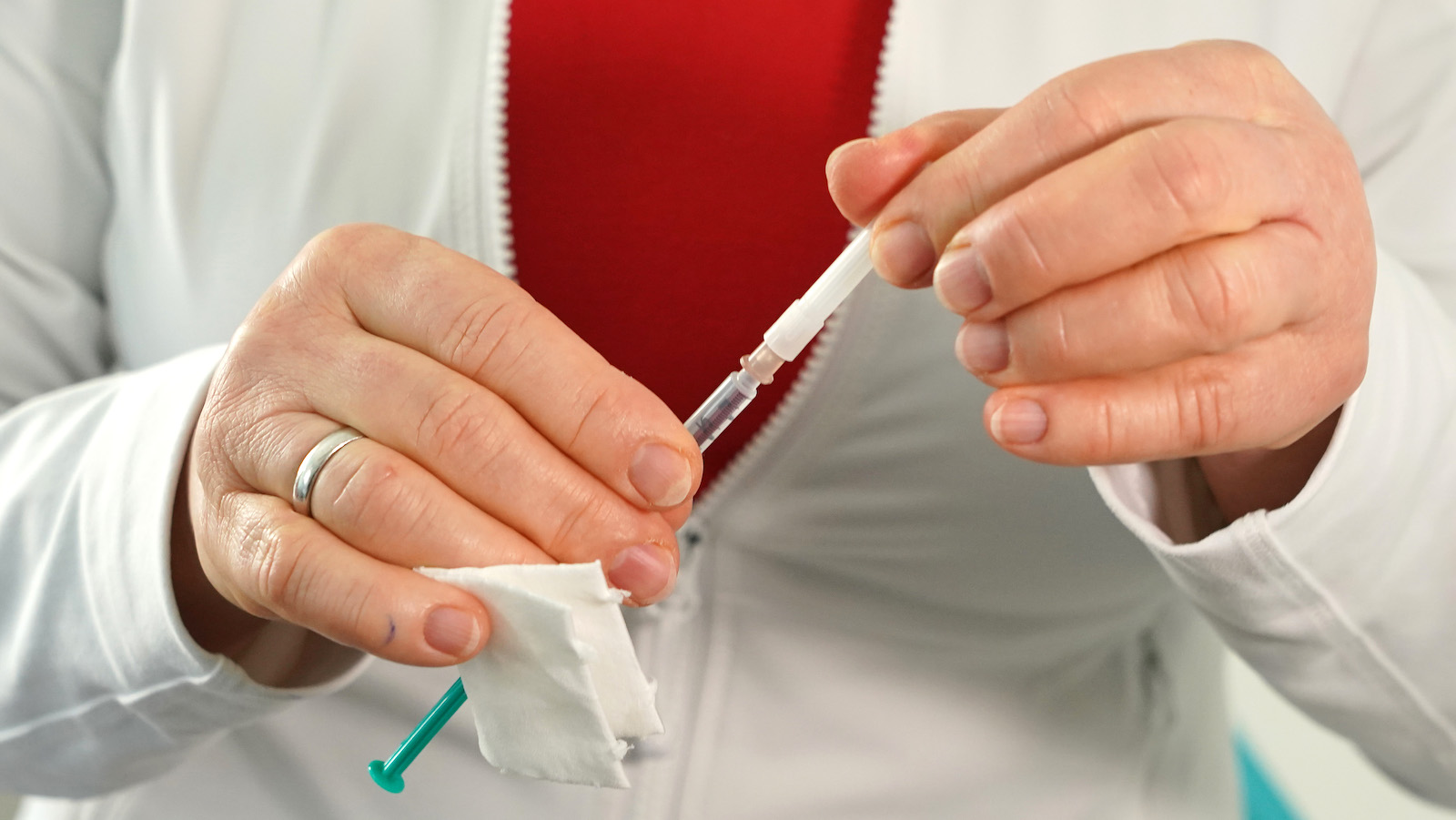The EMA is concerned that confidence in the 1:33 vaccine is lost
(CNN Spanish) -
AstraZeneca's vaccine has been a topic of conversation this week after a dozen European countries temporarily suspended its use.
The move came after a handful of cases with blood clots were reported.
After evaluations, the European Medicines Agency said the vaccine was safe for use.
How did you come to this conclusion?
Dr. Elmer Huerta explains to us in this episode.
You can listen to this episode on Spotify or your favorite podcast platform or read the transcript below.
Hello, I am Dr. Elmer Huerta and this is your daily dose of information about the new coronavirus.
Information that we hope will be useful to take care of your health and that of your family.
Countries that discontinued use of the AstraZeneca vaccine
Several European countries, including Germany, France, Italy, Denmark, Norway, Iceland, Bulgaria, the Netherlands, Ireland and Spain, were among those that decided to temporarily suspend their immunization programs with the AstraZeneca-Oxford vaccine.
advertising
This drastic decision was the consequence of an apparent relationship between vaccination and the development of thromboembolism.
This is a phenomenon in which thrombi or clots form in the veins, which when detached - in clots called emboli - lodge in organs such as the brain or lungs, causing strokes or severe pulmonary conditions.
The European authorities said that they awaited the results of the investigation being carried out by the European Medicines Agency or EMA, the equivalent of the Food and Drug Administration, the FDA, of the United States.
What did the European Medicines Agency say?
On March 17, EMA Director Emer Cooke announced that her safety committee had "come to a clear scientific conclusion: that the AstraZeneca vaccine is a safe and effective vaccine."
Cooke said that while the group did not find that the vaccine caused clots, they could not definitively rule out that there was such a connection when seven cases of a rare clot have been reported after more than 7 million doses of this vaccine have been administered in the European Union.
"There is no evidence that blood clots in the veins are occurring more than would be expected in the absence of vaccination," the experts concluded.
In this regard, and to understand this statement, it is important to remember what the incidence of a disease in a community means.
What is the incidence of a disease?
Recent cases of a certain disease that occur or are registered in a given community over a specific period of time are called incidence.
For example, in the case of thromboembolic phenomena, it is estimated that in Europe there are regularly between 104 to 183 cases of thromboembolism per 100,000 people per year.
That means that for every 100,000 people who live in a city, 104 to 183 of them will develop a clot-forming problem at some point in the year and will seek medical attention at a hospital to be treated.
There are many causes for people in a community to form blood clots on a daily basis, including:
Pregnancy,
Immobility (including prolonged inactivity, long airplane or car trips),
Smoking cigarettes,
Take oral contraceptives,
Certain types of cancer,
Trauma,
Certain surgeries
Family history of blood clots, among others.
This is how the EMA studied the AstraZeneca vaccine and blood clots
What the EMA epidemiologists and statisticians did then was to carefully review the statistics of the countries in which the vaccine was used and clot cases occurred, and on that basis, they determined whether there was an excess of cases above the limit. than normally expected.
For example, if in a certain region there are 120 cases of clots during a year (or what is the same 10 cases per month), then the researchers studied if in that region there were, for example, 15 or 16 during the last month , that is, an excess of five to six cases over what would normally be expected.
This apparently did not occur, hence Dr Cooke's conclusion that "there is no evidence that blood clots in veins are occurring any more than would be expected in the absence of vaccination."
The EMA said it will continue to review the cases of those affected, which in the UK are five cases out of more than 11 million vaccinated people.
How to regain confidence in the vaccine?
The big problem now is how to restore public confidence in the AstraZeneca vaccine in particular, and in vaccines in general.
Many experts fear that the damage has already been done.
A survey in France showed the week of March 15 that only 22% of the population trusts the AstraZeneca vaccine.
In summary, AstraZeneca's vaccine has been classified as safe and effective, and the company would only be awaiting the result of a phase 3 study in the United States to request its authorization for emergency use by the FDA.
Finally, the report recalls that there is already real-world data on the use of the AstraZeneca vaccine in the United Kingdom, where it has been shown that a single dose of the vaccine reduced the risk of hospitalization due to covid-19 by more than 80 % in people over 80 years of age.
Do you have questions about covid-19?
Send me your questions on Twitter, we will try to answer them in our next episodes.
You can find me at @DrHuerta.
If you think this podcast is useful, help others find it by rating it on your favorite podcast app.
We'll be back tomorrow so be sure to subscribe to get the latest episode on your account.
And for the most up-to-date information, you can always head to CNNEspanol.com.
Thanks for your attention.
If you have any questions you can send them to Dr. Elmer Huerta through Twitter. You can also head over to CNNE.com/coronaviruspodcast for all episodes of our “Coronavirus: Reality vs. Reality” podcast. fiction".
AstraZenecacoronavirusCovid-19Coronavirus vaccine

